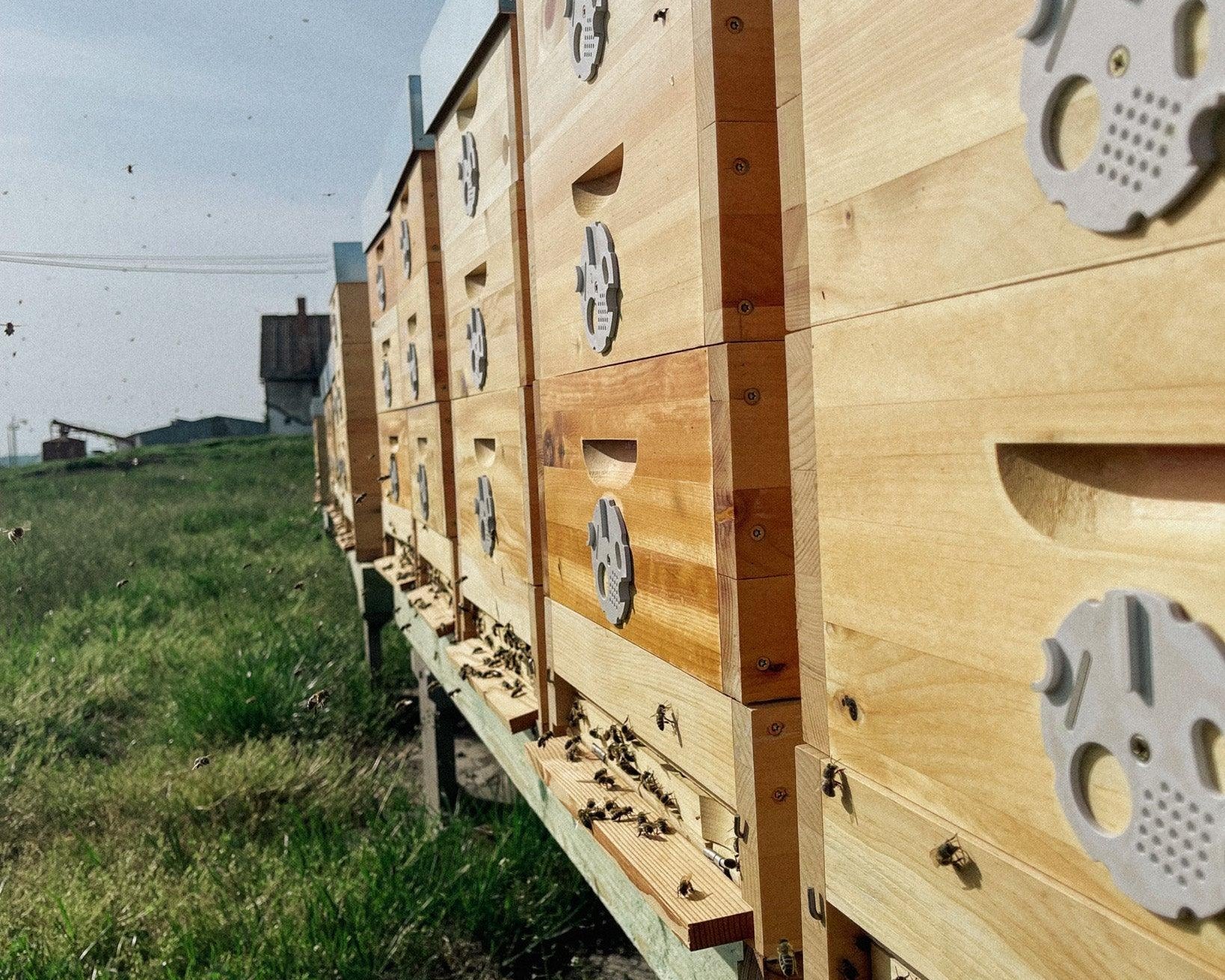
Bees are a very important animal species that plays a key role in maintaining ecosystems. These little animals are not only responsible for pollinating plants, but also produce honey, beeswax, bee venom and other useful products. Unfortunately, however, bees suffer from many problems that lead to their decline and even extinction.
The main problem that worries bees is the loss of their natural habitat. The loss of natural habitats such as meadows, pastures and forests results in a reduction in the amount of flowers and food that bees need. In addition, habitat loss is associated with greater exposure to pesticides and herbicides that are harmful to bees.
Another factor contributing to bee decline is the varroa mite, a parasite that attacks bees and causes many health problems. These mites feed on hemolymph, the blood fluid of the bee, which makes the bee weak and increases the risk of infections.
In addition, bees are threatened by the use of pesticides in agriculture. Many pesticides that are used to protect plants from pests can be very dangerous for bees. These chemicals can reduce the bees' immune function and increase the risk of infections.
Even climate change can affect bees. Changes in temperature and precipitation can affect plant flowering, which in turn affects the amount of food available to bees. In addition, extreme weather conditions such as droughts and floods can affect bee populations and reduce the amount of food available.
All these factors together lead to a large decline in bee populations and many bee species are now threatened with extinction. The loss of bees should be taken seriously, not only because of the ecological impact, but also because of the impact on food security.
If bees were to disappear, it would have a major impact on entire ecosystems. Bees are responsible for pollinating plants, and many plant species would not be able to reproduce without them. This would in turn have an impact on the amount of food available for both animals and humans. Bees also contribute to the preservation of biodiversity and the maintenance of natural ecosystems.
In addition to the effects on nature, the loss of bees would also affect agriculture. Many crops, such as fruits, vegetables and nuts, need bees for pollination. If bees were to disappear, the production of these crops would decrease and prices could rise significantly.
The fight against the decline of bees is therefore important not only from the point of view of nature conservation, but also from the point of view of food security and the sustainability of agriculture. There are several steps that can be taken to protect bees and ensure sustainable development.
These measures include, for example, the promotion of biodiversity and the protection of natural bee habitats. Farmers can use methods that minimize the use of pesticides and herbicides and favor organic farming. It is also important to promote awareness of the importance of bees and their protection and to support initiatives dedicated to bee research and conservation.
In conclusion, it can be stated that the loss of bees is a serious problem that has wide-ranging effects on nature and human society. It is important to take steps to protect bees and ensure sustainable development. Each of us can contribute to bee conservation by learning more about bees, supporting initiatives aimed at protecting them, and ensuring that our own agricultural and consumer activities have as little negative impact on the bee population as possible.




